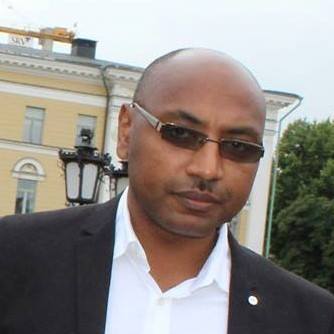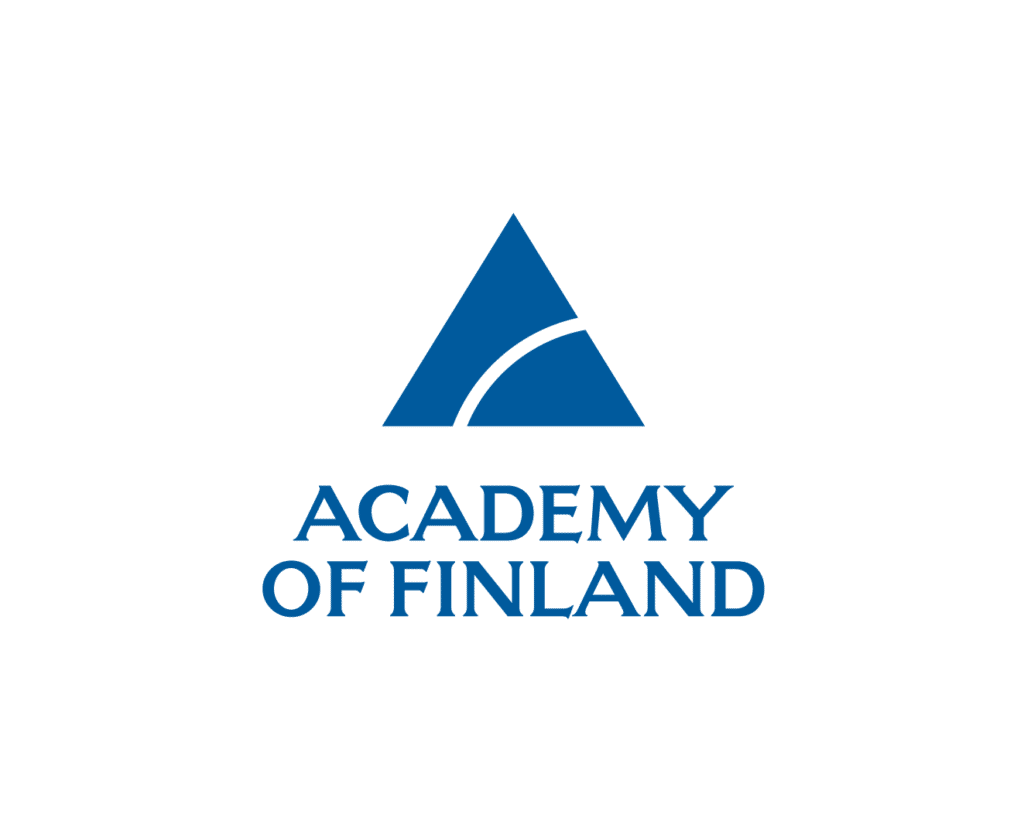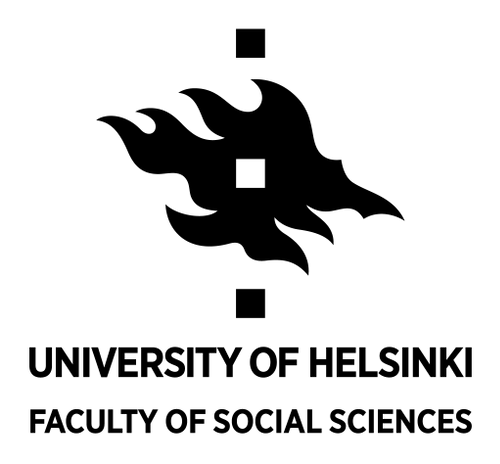Gutu Olana Wayessa earned PhD in Social Sciences (Development Studies) from the University of Helsinki in 2013. Currently, he is a university researcher in Sociology, Faculty of Social Sciences, University of Helsinki, Finland. He was a university lecturer in Global Development Studies at the same university (2019-2020) and a postdoc researcher at the University of Luxembourg (2014-2016) and University of Helsinki (2016-2019), funded by the Academy of Finland. In his recent research project funded by the Kone Foundation (2020-), Large-scale Land Deals and Local Livelihoods in Ethiopia: A Political Ecology of a Contested Scheme, Gutu examines questions of procedural and distributive justice through a theoretical framework of political ecology, complemented by analytical concepts derived from environmental justice literature.
In his current post, Gutu explores and analyzes socio-economic factors, institutional and policy imperatives, and development indicators relevant to antimicrobial resistance (AMR), within the sociology component of a multidisciplinary AMR Center of Excellence, at the University of Helsinki. He has undertaken innovative research in political economy/ecology of displacement and resettlement, land governance, environmental-social justice, rural livelihoods, and multiple dimensions of marginalization and their intersectionality. Interdisciplinarity and mixed-methods approach, involving the integration of quantitative and qualitative methods, are the hallmarks of his research. He has published in various scientific journals, including Society & Natural Resources, Environmental Sociology, Regions and Cohesion, Land Use Policy, World Development Perspectives, Journal of Oromo Studies, and Northeast African Studies.
Gutu has over fifteen years of experience in undergraduate and graduate teaching and supervision. He has conducted various courses, including Quantitative Methods, Qualitative Methods, Introduction to Society and Change, Political Ecology and Resource Politics, Current Debates in Development Studies, Mixed-Methods Research in Development Studies, Methodological Excursions, and Conflicts and Development.




